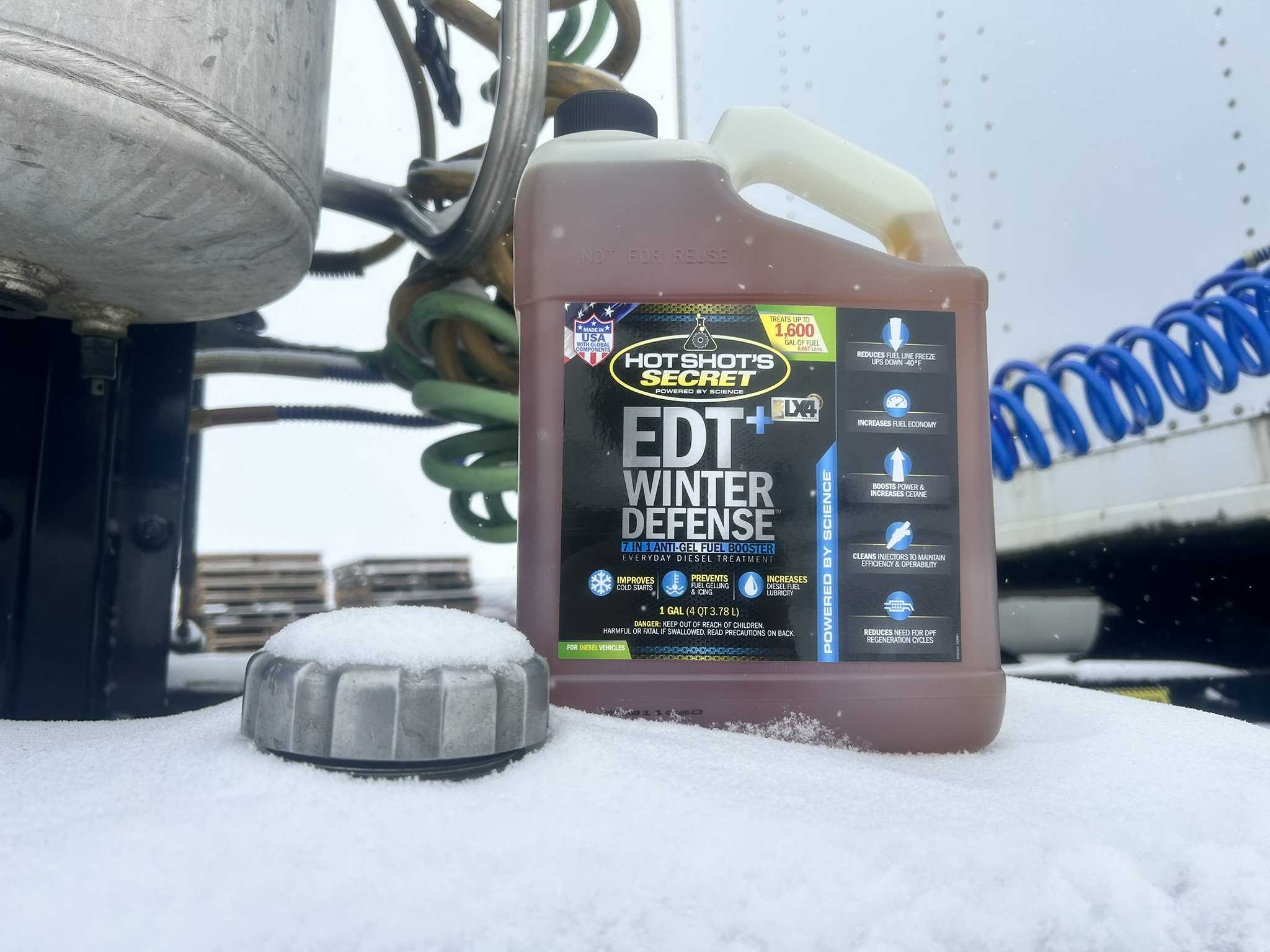
Published in Fleet Maintenance Magazine It’s that time of the year again when cold snaps can break a fleet’s back if they’re not prepared. With respect to diesel fuel, freezing temperatures can severely impact the fuel itself, as well as pumps and lines. To find out how fleets can counteract the cold, we turned to …

How to Start a Diesel in the Cold Since diesel engines need high temperatures to ignite their fuel, starting a diesel in the cold, known as a cold start, can be challenging. Thankfully, you can take some actions to make starting your vehicle easier. Understanding how to start a diesel in the cold can help …

Diesel coolant is essential for proper vehicle operation. Coolant circulates within an engine to absorb and dissipate heat, and a diesel engine requires the right type of coolant to prevent engine overheating, freezing and potential failure. Engine coolant for diesel trucks and construction equipment contains additives to protect engine components from corrosion, cylinder cavitation and …
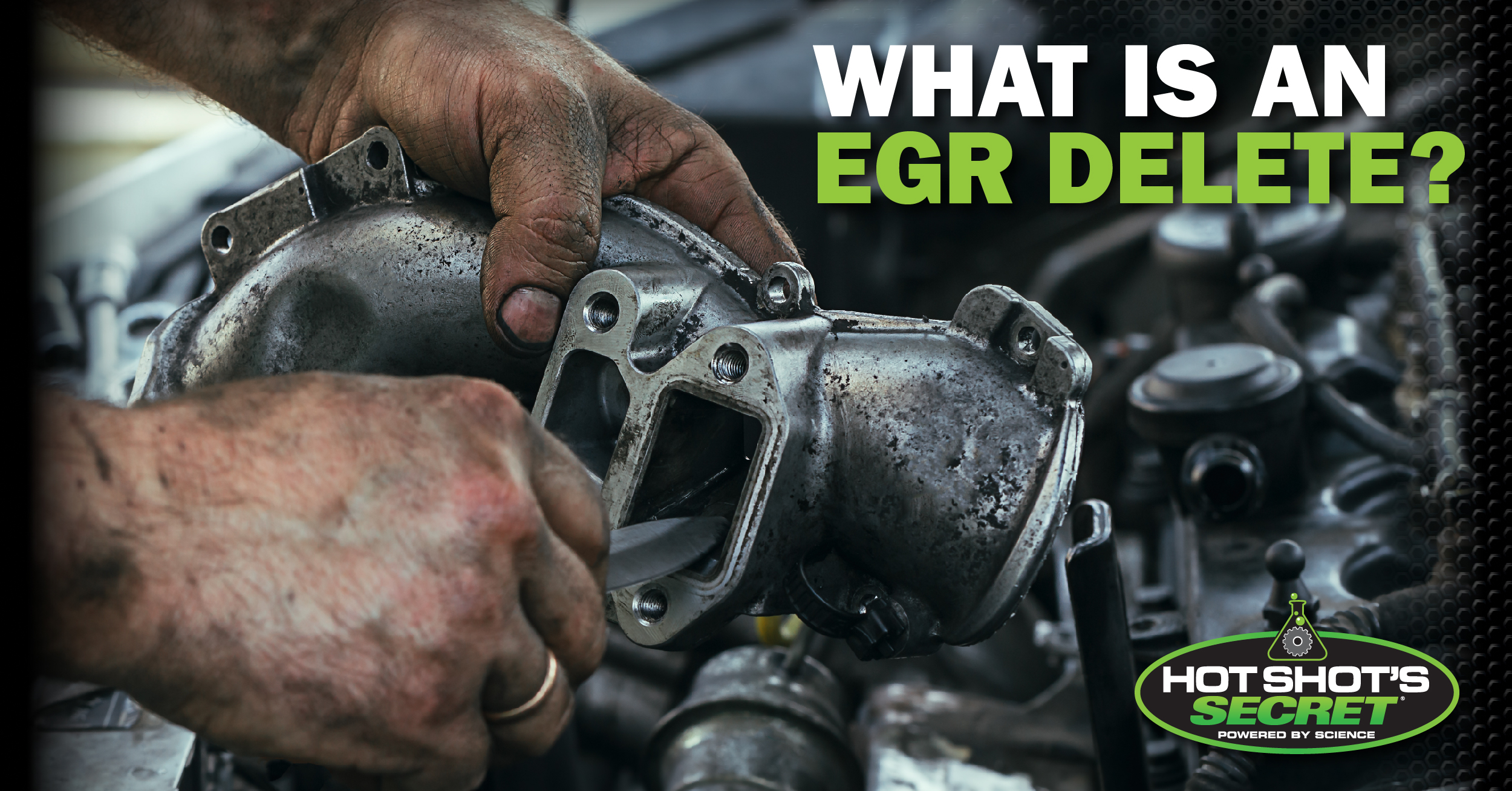
EGRs work by cooling and recycling some of your vehicle’s exhaust back into your engine. Because this gas has already been through the combustion cycle, it’s inert — meaning it can’t participate in the next chemical reaction. Recycling this gas lowers the temperature of the next combustion cycle, reducing the amount of NOx that’s created …
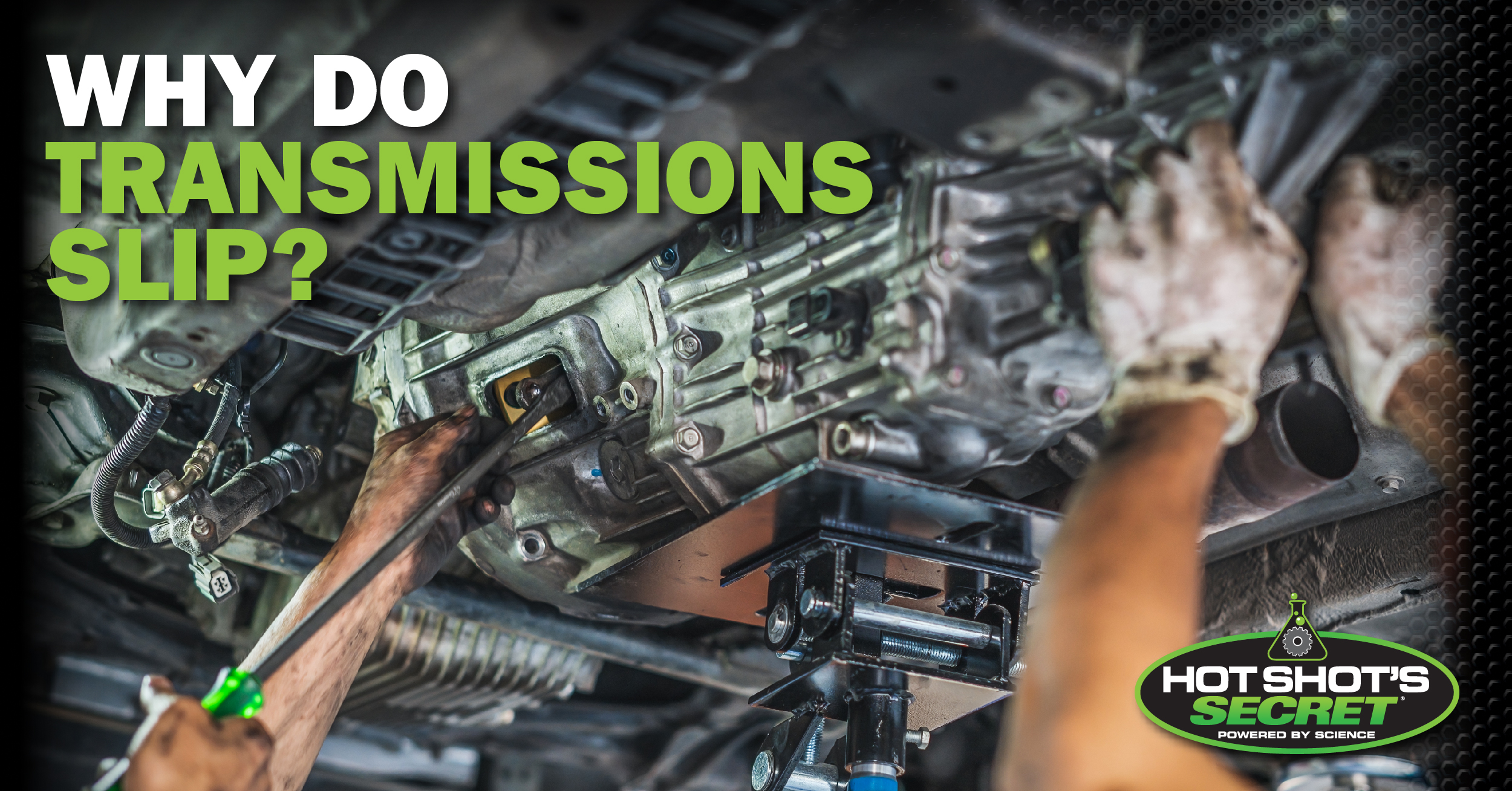
When you push the gas pedal, your vehicle is designed to move forward at a smooth pace. In an automatic transmission, the car will shift gears on its own to match your desired speed. Manual vehicles require you to change gears with a gear shift as you accelerate or decelerate. With either type of vehicle, …

Everyone’s been through it. You leave the house in the morning in a mad rush for an appointment when your car starts acting up. No matter how many times you turn the key in the ignition or switch the engine on, it just won’t budge. There could be a lot of reasons why a car …
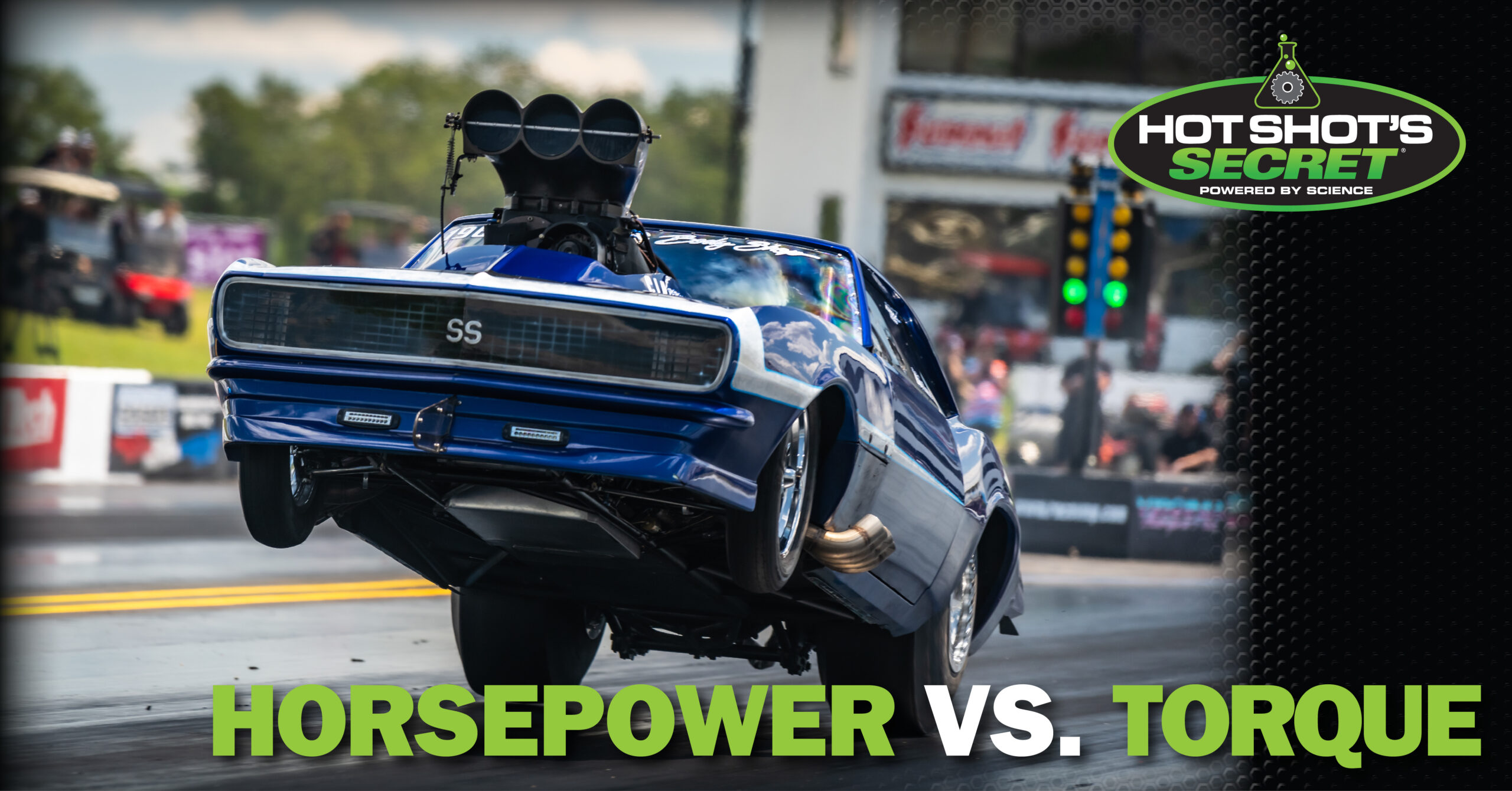
“Torque” and “horsepower” are common words in car-loving circles. Torque represents the turning force from a vehicle’s engine, while horsepower is its overall top speed and power. Since horsepower is calculated from torque, these figures influence each other. Below, we’ll dive deeper into the difference between horsepower and torque, exploring how they work individually and together. …
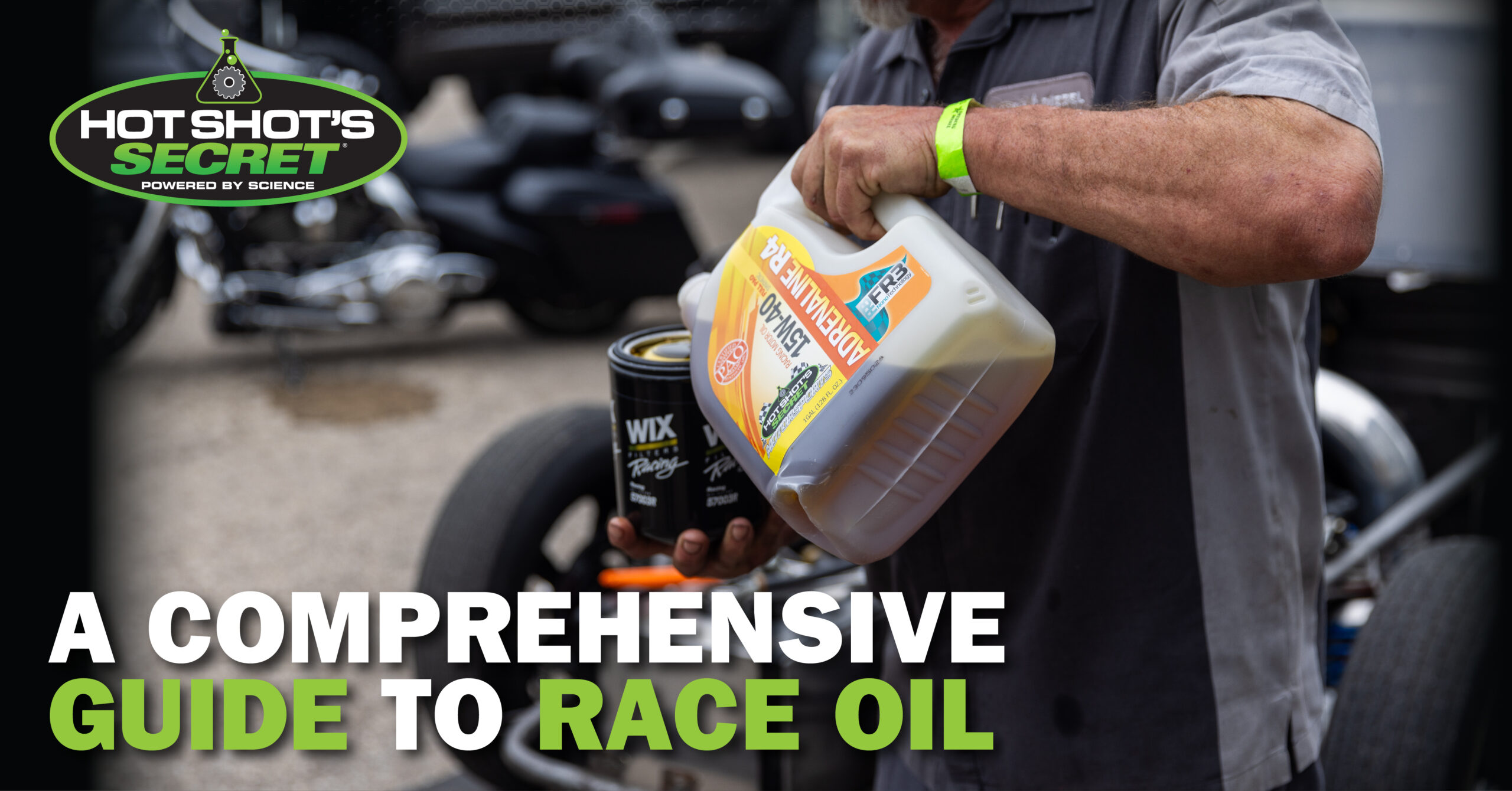
If you’ve ever watched NASCAR drivers in action or even participated in a race yourself, you know how important speed is to the motorsport world. Race vehicles use powerful engines that generate extreme pressure and heat, so they require specialized oils to withstand these intense conditions. High-quality racing oils offer robust engine protection and performance. They play …

There are three key components affecting engine oil performance: viscosity, cleanliness, and additives. As Kevin points out, “It’s crazy how much science is going on in all these fluids that are in our vehicles and what those fluids are doing,” like dramatically increasing intervals between oil changes. Frequent guest Kyle Fischer of Hot Shot’s Secret …
